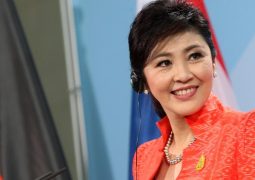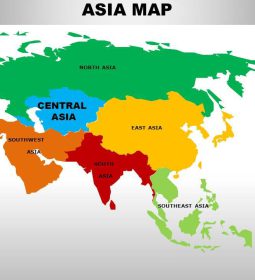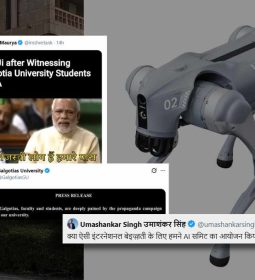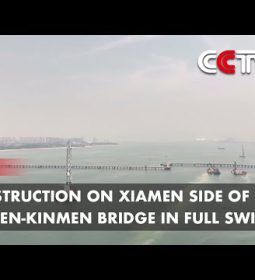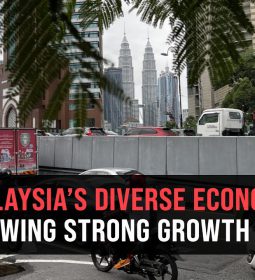China Urges US Back Down After Trump’s $300 Billion Tariff Threat, Wants Trade Talks but if US Wants Fight It Will Fight
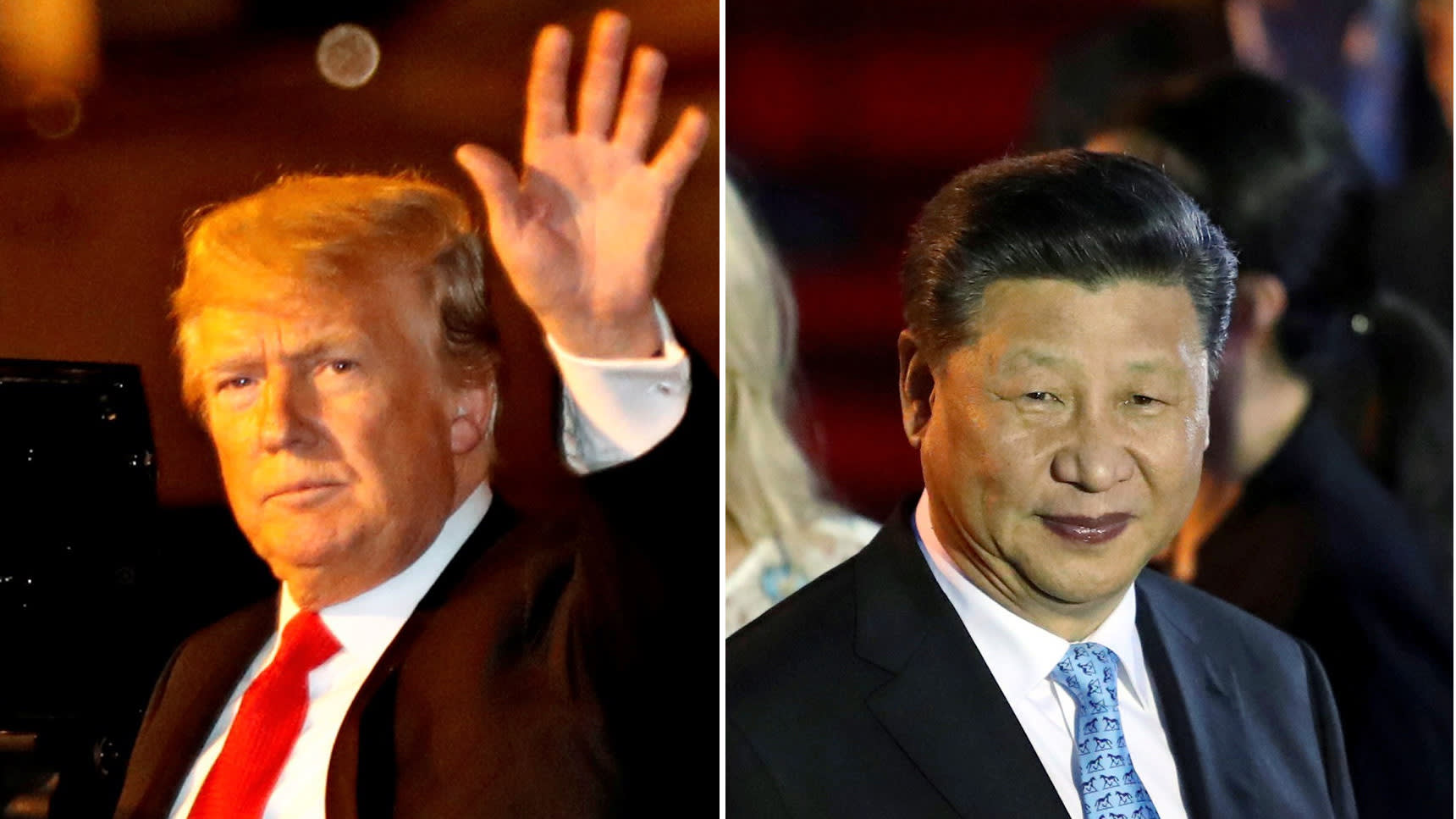
China is ready to talk to the United States about their escalating trade war but “if they want to fight we will fight” and it will not be a fight for China alone but for an open international economy, Beijing’s new U.N. ambassador said Friday.
Zhang Jun told reporters that U.S. sanctions and increasing tariffs hurt China and the world, but they are also “not in the long-term interest of the United States,” where consumers will be paying higher prices.
His comments followed President Donald Trump’s tweets Thursday escalating the trade war with an announcement that on Sept. 1 the U.S. will impose 10 percent tariffs on all Chinese imports that haven’t already been hit with tariffs of 25 percent. China responded Friday that it will take “necessary countermeasures” if Trump follows through.
Zhang called Trump’s latest tariff threat “an irrational, irresponsible act” and reiterated that if the U.S. goes ahead on Sept. 1 “we definitely will take whatever necessary countermeasures to protect our fundamental rights.” He wouldn’t give any details but stressed that China will also be fighting “for free trade, for an open, non-discriminatory and reliable multilateral trading system.”
In the wide-ranging and rare meeting with reporters by a Chinese ambassador, Zhang said Beijing will “stand firmly with the United Nations” at this difficult moment when the world faces instability and many uncertainties. China will also continue promoting peace through diplomatic and political dialogue and will “work hard in defending interests of developing countries,” he said.
On a key global issue, Zhang said sanctions against North Korea should be eased at an “appropriate time” to encourage progress in talks between Washington and Pyongyang, “but we are still consulting with each other and we have not made any final position.”
Russia and China have previously called for easing of sanctions on the Democratic People’s Republic of Korea, or DPRK, but the Trump administration has repeatedly said sanctions must remain in place until the country gives up its nuclear weapons.
“What we think is true is that you cannot simply ask DPRK to do as much as possible while you maintain the sanctions against DPRK,” Zhang said. “That definitely is not helpful.”
On other issues, the ambassador said China will never allow any interference in its internal affairs, especially on issues related to the western Xinjiang region which has a large Muslim population, Tibet where the Dalai Lama has called for genuine autonomy, and Hong Kong where pro-democracy protests have been taking place since early June.
U.S. Secretary of State Mike Pompeo has lashed out at China’s human rights record, saying last month that Beijing was responsible for the “stain of the century” of rights abuses, citing the detention of an estimated 1 million Muslim Uighurs, Kazakhs and other minorities who are believed to be held in internment camps in Xinjiang.
Officials in Xinjiang said Tuesday that most people detained in the area’s contentious re-education centers have been moved out and have signed “work contracts” with local companies, but those assertions have been challenged by accounts from Uighurs and Kazakhs who say their relatives remain missing.
Pompeo urged countries in the region earlier Friday to shun China until it reforms its practices and cited the Hong Kong protests as an example of how authoritarian rule can threaten economies. “The current unrest in Hong Kong clearly shows that the will and the voice of the governed will always be heard,” he said.
Zhang said the Hong Kong protests are “turning out to be chaotic and violent and we should no longer allow … these reprehensible behaviors” that he said hurt the interests of international investors and visitors from other countries.
China backs the actions taken by Hong Kong authorities and its residents should understand that “the foundation of the one country, two systems principle is one country,” he said.
Zhang was also asked about Friday’s end to the landmark 1987 Intermediate-range Nuclear Forces Treaty, which the U.S. and Russia blame each other for tearing up.
U.S. officials have argued that not only is Russia violating the treaty and developing prohibited weapons, but that China also is making similar non-compliant weapons, leaving the U.S. alone in complying with the pact. Trump has also expressed a desire to negotiate a trilateral arms control deal covering the U.S., Russia and China.
Zhang expressed “regret” at the U.S. withdrawal from the INF treaty, saying that “making China an excuse for the withdrawing by the United States is not acceptable.”
As for being a party to a new disarmament agreement, Zhang said China is not at the same level as the U.S. and Russia, which have the largest nuclear arsenals. “So how can you put China together with the two,” he asked.
- Previous Chechen Fighters Affiliated To Al-Qaida Killed In Afghanistan, Government says
- Next Are Iskanders to blame? NATO says Russia to blame for collapse of INF weapons treaty





